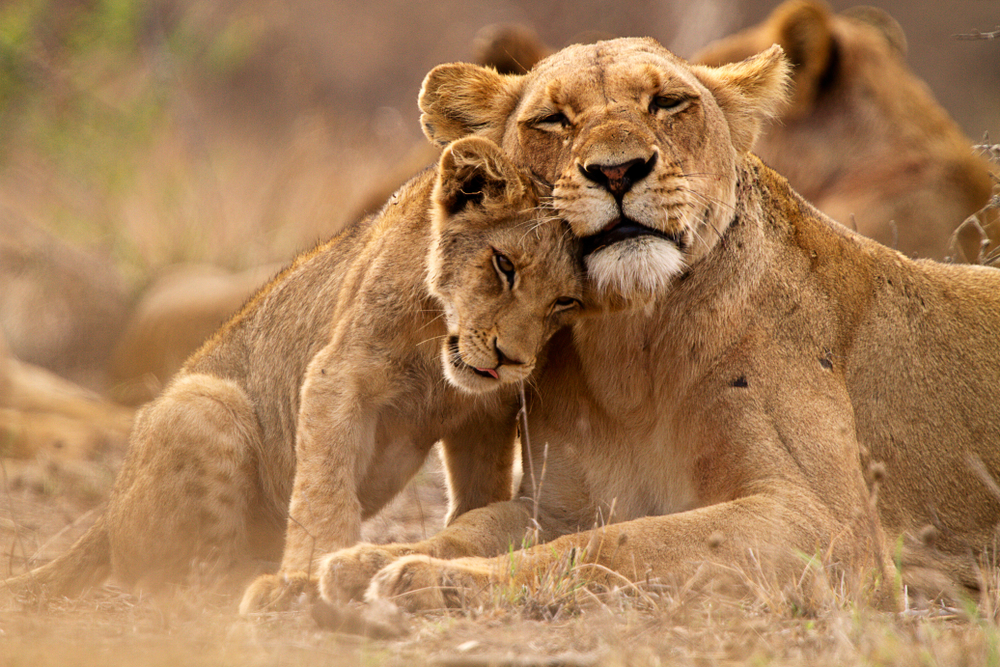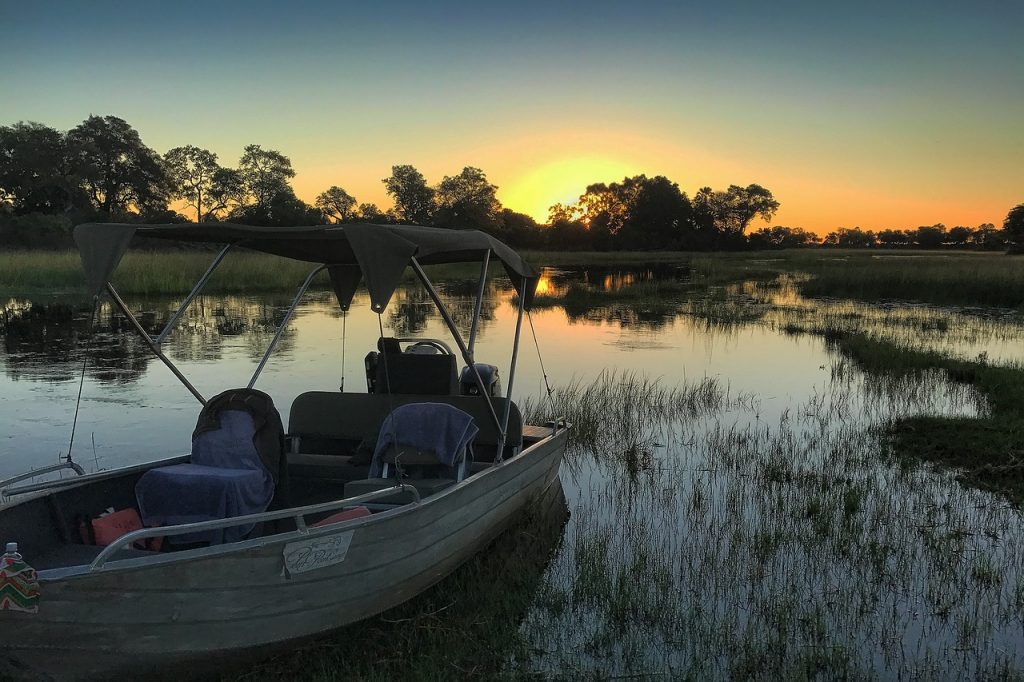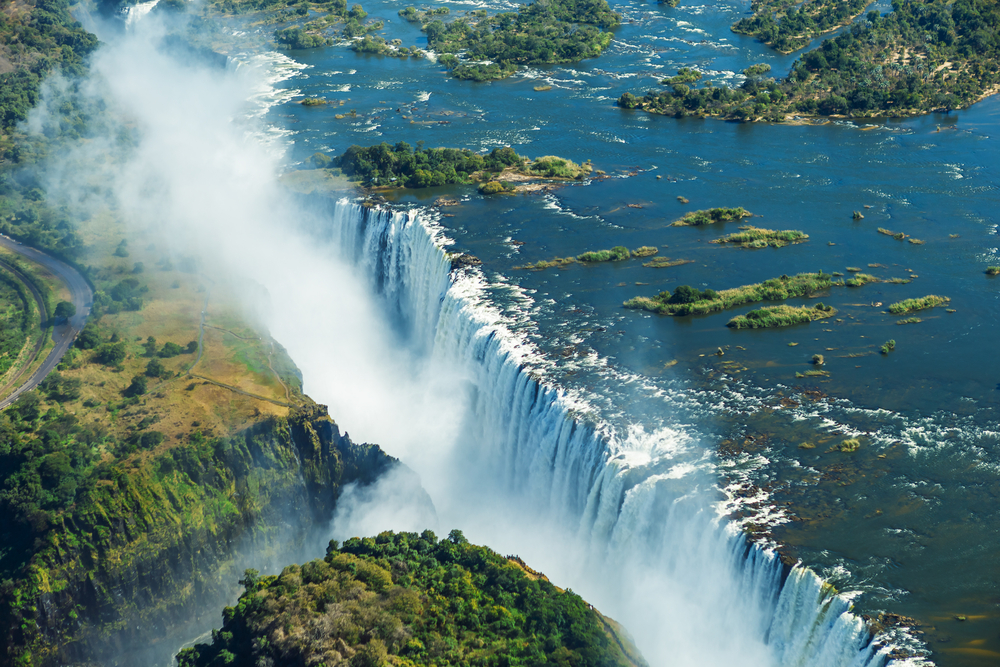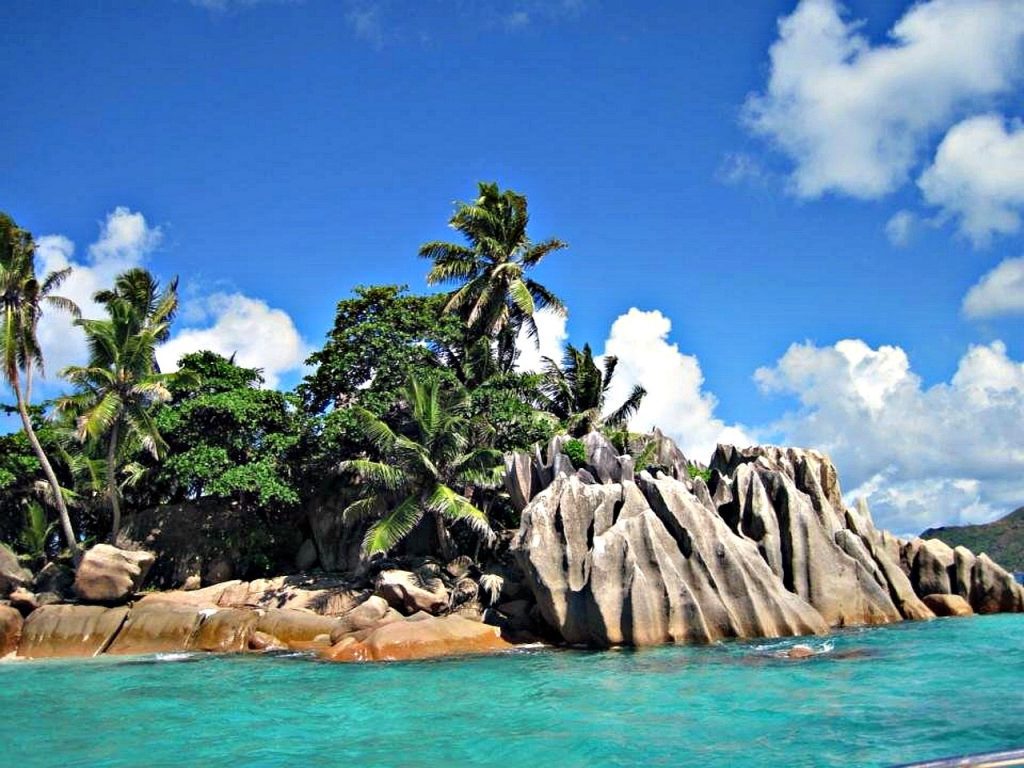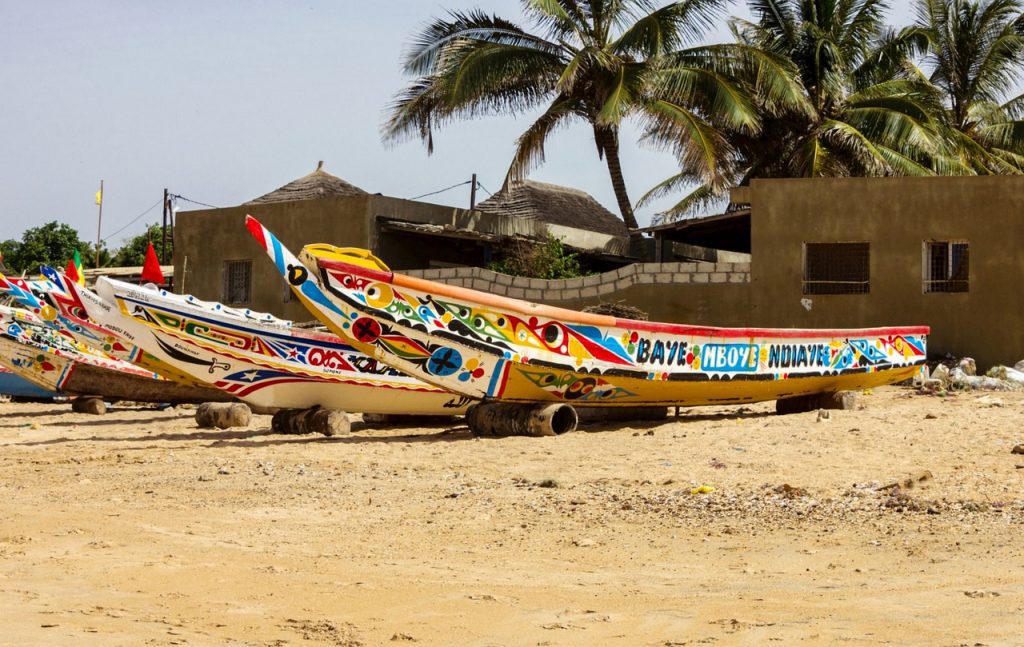South Africa, a land of diverse landscapes and vibrant cultures, offers a tapestry of experiences for travelers. However, pinpointing the best time to visit South Africa to explore this captivating country requires examining a variety of considerations.
At the top of the list, things to consider include the weather, crowds, cultural experiences, and nature adventures and how they collectively determine the best time to go to South Africa.
Visiting South Africa based on Weather
South Africa’s climate varies across its regions, providing a range of climates to consider. For pleasant temperatures and outdoor exploration, the best time to visit is during the dry and warm months from April to September. During this period, temperatures typically range from 50-70°F (10-24°C), making it perfect for safaris, sightseeing, and outdoor activities.
The rainy season, which falls during summer (November to March), should be approached with caution. While the landscape turns lush and green, heavy rains and hot temperatures can impact outdoor activities and wildlife sightings.
South Africa offers a wide range of climates due to its diverse geography, but it generally has a temperate climate with distinct seasons. The best time to visit South Africa depends on your interests and the specific regions you plan to explore. Here’s a description of the seasonal weather potentially affecting your travel:
Cape Town and Western Cape:
- Mediterranean Climate:
- Cape Town experiences mild, wet winters with highs around 64°F (18°C) and hot, dry summers with highs around 77°F (25°C).
- Best Time to Visit:
- The best time to visit Cape Town and the Western Cape is during the summer months (December to March) when the weather is warm and dry, making it ideal for outdoor activities.
Kruger National Park and Northeastern Regions:
- Subtropical Climate:
- Kruger National Park has hot summers with highs around 91°F (33°C) and mild winters with highs around 73°F (23°C).
- Targeted travel for better weather is during the dry months of May through September. During this season, animals tend to be located around the watering holes.
Garden Route and Eastern Cape:
- Mild and Temperate Climate:
- The Garden Route enjoys mild temperatures, with highs ranging from 64°F (18°C) in winter to 73°F (23°C) in summer.
- The Garden Route is great to explore year-round, but spring (September to November) and autumn (March to May) offer the best weather.
Drakensberg Mountains and Lesotho:
- Alpine Climate:
- In the high elevations of the Drakensberg Mountains and Lesotho, temperatures can drop significantly in winter, with daytime highs around 46°F (8°C) and occasional snowfall.
- The best time to visit the Drakensberg Mountains is during the warmer months of spring and summer (October to April) when the weather is more suitable for hiking and outdoor activities.
Rainfall:
- Rainy Seasons:
- South Africa experiences rainy seasons, which can vary by region. In general, the eastern parts of the country have summer rainfall, while the west has winter rainfall. Rainfall can affect travel plans, especially in remote areas.
In summary, the best time to visit South Africa depends on your interests, whether it’s wildlife safaris, outdoor activities, or exploring cities and coastal regions. The country offers year-round travel opportunities, but the ideal time may vary by region. Spring and autumn are typically considered the best seasons for overall travel throughout South Africa.
Visiting South Africa based on Crowds
To savor South Africa’s wonders without the crowds, consider visiting during the shoulder seasons of spring (September to November) and fall (April to May). These months offer a more serene atmosphere, allowing you to explore iconic sites without the hustle and bustle.
The winter months of June through August represent the typical travel season for westerners. These months are typically drier. The crowds are usually not too bad, because this is also the cooler part of the year as well. The evening temperatures can be too chilly keeping some travelers from venturing down to this amazing African country.
Discover South Africa’s Culture
Immersing yourself in South Africa’s rich cultures is a highlight of any visit. Participate in local festivals, sample traditional cuisine, and engage with local communities. Events like the Cape Town International Jazz Festival in March/April and the AfrikaBurn Festival in April/May offer authentic glimpses into the country’s vibrant traditions.
South Africa hosts a variety of iconic cultural events that celebrate its diverse heritage and traditions. Here are 10 of the most prominent annual cultural events that take place across the country:
- Cape Town International Jazz Festival – Cape Town (March/April): The Cape Town International Jazz Festival, usually held in March/April, is a world-renowned event that brings together jazz enthusiasts and top international and local artists for a weekend of musical celebration.
- AfrikaBurn – Tankwa Karoo (April/May): AfrikaBurn, taking place in the Tankwa Karoo desert in April/May, is South Africa’s answer to the Burning Man Festival. Participants create a temporary community centered around art, music, and self-expression.
- Klein Karoo National Arts Festival (KKNK) – Oudtshoorn (March/April): The Klein Karoo National Arts Festival, held in March/April, is a vibrant showcase of Afrikaans arts and culture. It features a wide range of performances, exhibitions, and artistic expressions.
- Durban International Film Festival – Durban (July): The Durban International Film Festival, typically held in July, is one of Africa’s premier film events. It screens a diverse selection of films from around the world, contributing to cultural exchange and cinematic appreciation.
- National Arts Festival – Grahamstown/Makhanda (June/July): The National Arts Festival, held in June/July in the Eastern Cape town of Grahamstown (now called Makhanda), is a major cultural event showcasing a variety of performing and visual arts, theater productions, and workshops.
- OppiKoppi Music Festival – Northam (August): The OppiKoppi Music Festival, held in August, is a popular music event that features a diverse lineup of South African and international bands and artists. It’s a celebration of music and camaraderie.
- Hermanus Whale Festival – Hermanus (September): The Hermanus Whale Festival, celebrated in September, highlights the arrival of southern right and humpback whales along the coast. It includes eco-educational activities, whale watching, and entertainment.
- Macufe Festival – Bloemfontein (October): The Macufe Festival, held in October, is one of the largest cultural festivals in the country. It features music, dance, theater, visual arts, and other cultural expressions, attracting artists and visitors from around the world.
- Joy of Jazz Festival – Johannesburg (September): The Joy of Jazz Festival, typically held in September, is another major jazz event in South Africa. It celebrates the genre with performances by local and international jazz musicians.
- Soweto Wine and Lifestyle Festival – Soweto (March): The Soweto Wine and Lifestyle Festival, usually taking place in March, brings together wine enthusiasts for a weekend of wine tasting, live entertainment, and cultural experiences in the heart of Soweto.
These iconic cultural events offer an authentic glimpse into South Africa’s rich and diverse culture. If you’re planning a visit to South Africa, considering aligning your travel dates with these extraordinary festivals will allow you to immerse yourself in the vibrant tapestry of the country’s cultural scene.
Exploring South Africa’s Wilderness & Nature Experiences
For wildlife encounters and nature adventures, the dry and cooler months of April to September provide the best conditions. During this time, animals gather around waterholes, making it prime game-viewing season in national parks. The evenings can be cooler as noted above, so make sure you pack layers of clothing allowing you to adjust as your safari adventure unfolds and winds down.
The good news for westerners is that this correlates with their summer traveling season making it easy to escape to South Africa to explore wildlife safaris and the varied national parks and nature reserves found throughout the country.
Other Essential Timing Considerations:
- Sardine Run: Taking place along the east coast of South Africa, the Sardine Run occurs between May and July. It’s a marine spectacle where millions of sardines migrate, attracting a variety of predators and marine life.
- Whale Watching: For whale enthusiasts, the best time to witness southern right and humpback whales is during July to November along the coastal regions, particularly Hermanus.
- Kirstenbosch Summer Sunset Concerts: Held in Cape Town’s Kirstenbosch National Botanical Garden, these concerts take place from November to April, offering a perfect blend of music and nature.
- Heritage Day (National Braai Day): Celebrated on September 24th, Heritage Day is a time to embrace South Africa’s diverse cultures and indulge in a quintessential South African barbecue, known as a braai.
- Namaqualand Flower Season: If you’re interested in flora, the Namaqualand flower season from August to September transforms the arid landscape into a vibrant carpet of colorful wildflowers.
In conclusion, the best time to visit South Africa depends on your preferences and the experiences you seek. Whether you’re captivated by cultural festivals, wildlife safaris, or the country’s scenic beauty, South Africa offers an array of possibilities throughout the year.
By evaluating these factors, you’ll be well-prepared to embark on a memorable South African adventure tailored to your desires and the country’s offerings.

